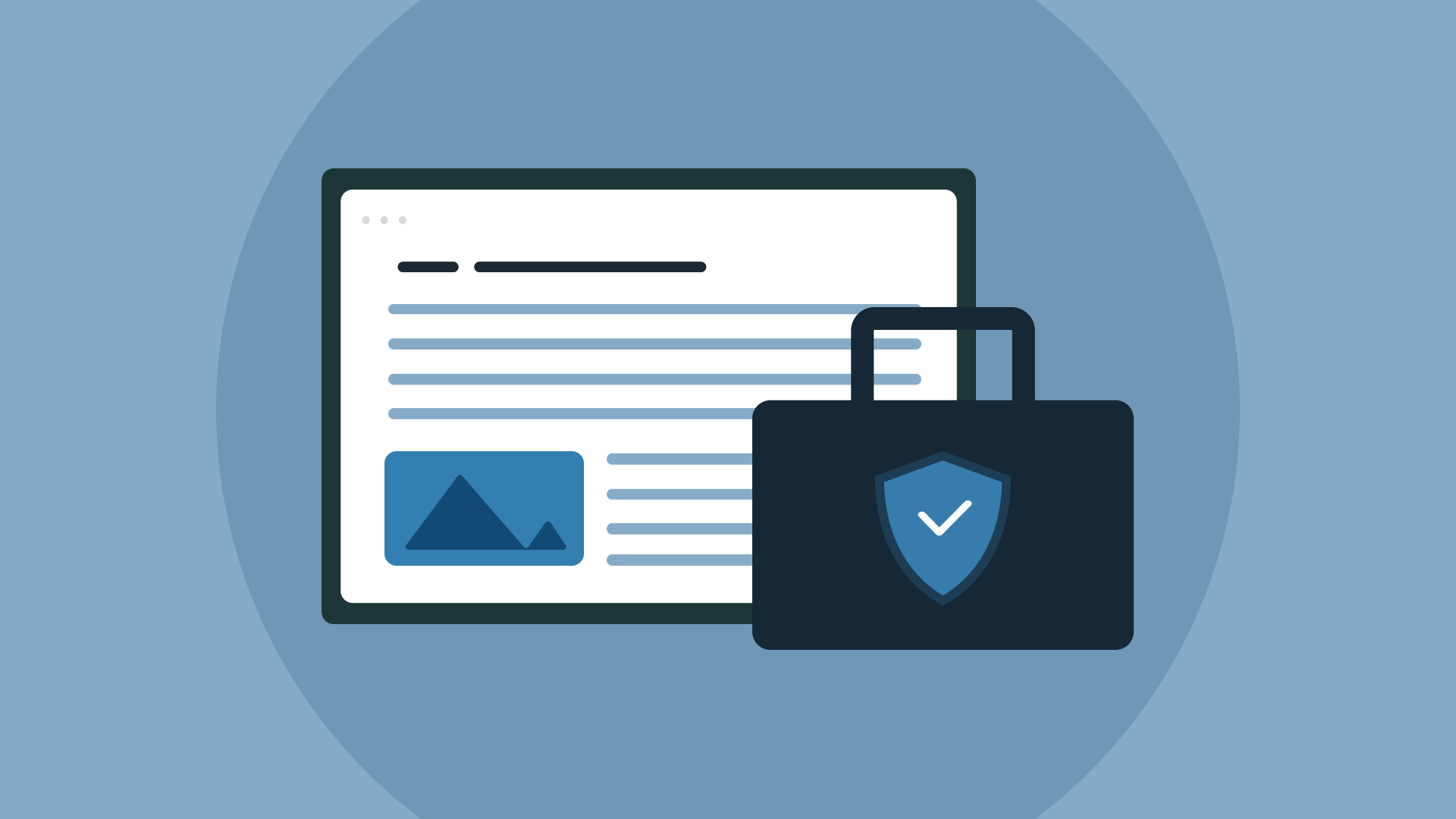Whether you’re prepping for trial, drafting a demand letter, or staying current with evolving case law, having the right research tools can save you time and increase precision in your work. Fortunately, today’s digital landscape offers a mix of powerful free tools and comprehensive paid platforms—each suited to different needs and budgets.
For personal injury attorneys, these tools can be particularly valuable when reviewing case precedents, understanding statutes of limitations across jurisdictions, or analyzing medical-legal intersections in injury claims. Legal research is a cornerstone of effective advocacy in the United States legal system—learn more about some of the best legal research options—and how to leverage them effectively.
Free legal research tools: maximize your resources without cost
While many top-tier platforms come with subscription fees, a number of highly reliable legal research tools are available at no cost—ideal for solo practitioners, law students, and firms looking to supplement their paid resources.
Contents
1. Google Scholar
Google Scholar provides access to the full text of federal and state case law, along with a wide selection of journal articles and legal publications. It’s a solid starting point for reviewing decisions on negligence, damages, and tort law principles—especially for attorneys evaluating potential personal injury claims.
2. PACER (Public Access to Court Electronic Records)
PACER is the go-to tool for accessing official case and docket information from U.S. appellate, district, and bankruptcy courts. For attorneys who need real-time updates on federal cases—whether for discovery research, procedural tracking, or understanding litigation history—PACER provides direct access to court filings and opinions, often before they’re widely published elsewhere.
3. CourtListener – RECAP Archive
A project of the Free Law Project, CourtListener provides access to millions of court documents via its RECAP Archive. These filings, sourced from PACER, cover federal cases and are especially helpful when researching litigation trends or reviewing procedural histories—without the associated per-page fees.
4. Legal Information Institute (LII) – Cornell Law School
Cornell’s Legal Information Institute (LII) provides free access to a broad range of federal and state legal materials, including the U.S. Code, Supreme Court opinions, and state statutes. For attorneys seeking quick references to primary law or brushing up on legal standards for motions or pleadings, LII is a practical and user-friendly starting point.
5. Court Websites and Electronic Records
State and federal court websites like uscourts.gov often include oral arguments, amicus briefs, and court rules, making them indispensable for trial prep. Many courts also offer court electronic records, allowing easy lookup of case dockets and filings relevant to specific injuries or procedural strategies.
6. Federal and Legislative Sources
These sources provide insight into regulatory changes and legislative history, helping clarify the intent behind federal statutes that impact areas like product liability or auto injury claims.
7. Law Libraries and Government Archives
University and public law libraries, such as the Library of Congress Law Library, offer access to legal treatises, study aids, and secondary sources. Reference librarians help library patrons navigate collections that include government documents, state statutes, and archival material related to constitutional conventions.
Paid legal research databases: investing in accuracy and depth
For more comprehensive and searchable access to primary sources and analytical tools, legal professionals often turn to paid legal databases. These platforms combine ease of use with powerful features that are especially useful when handling complex personal injury litigation.
8. Bloomberg Law
Bloomberg Law delivers extensive legislative history, regulatory tracking, and practice tools, including areas like intellectual property. For personal injury firms, it’s useful when researching product liability or insurance regulation nuances.
9. Westlaw
A staple in many law offices, Westlaw offers in-depth access to legal databases, annotated codes, key number systems, and secondary sources. The platform’s intuitive interface makes it easier to find on-point precedents and case analysis, whether you’re researching tort thresholds or filing standards.
10. Bar Associations and Legal Groups
These organizations offer online access to book reviews, practice tips, and legal databases as part of their member benefits.
Tips for Better Legal Research: Save Time, Improve Outcomes
Legal research is more than finding the right citation. It’s about developing a process that ensures accuracy and depth.
- Understand the distinction between primary and secondary sources.
- For example, a primary law document like a statute governs directly, while a secondary source (e.g., law review) offers interpretation.
- Use integrated legal research databases that enable full text searching across jurisdictions.
- Rely on your local reference librarian to locate challenging government documents, state statutes, or court electronic records.
- Leverage study aids and law review articles to help junior associates understand complex tort law topics or evidentiary standards.
Enhancing Your Workflow Beyond Research
While CloudLex is not a legal research platform, it is a powerful case management system for personal injury law firms. It enables attorneys to collaborate with teams, manage litigation workflows, and handle medical records and demands efficiently.
We recently launched Lexee, an AI-powered assistant designed to support PI attorneys by:
- Generating demand drafts using case data
- Interpreting medical records and injury timelines
- Summarizing case facts and chronology
- Improving client interactions through contextual support
Lexee’s value lies not in replacing research, but in accelerating case-building efforts so attorneys can spend more time on legal strategy and client service.
The Right Tools for the Right Task
You don’t need to rely solely on expensive subscriptions or software. With a thoughtful mix of free access resources like Google Scholar, court websites, and law libraries, combined with strategic use of paid legal research databases, you can stay informed, compliant, and effective.
And with tools like CloudLex and Lexee, personal injury attorneys can transform how research translates into action—helping build stronger cases and deliver better outcomes. To learn more about how CloudLex can support your firm, contact us today.


